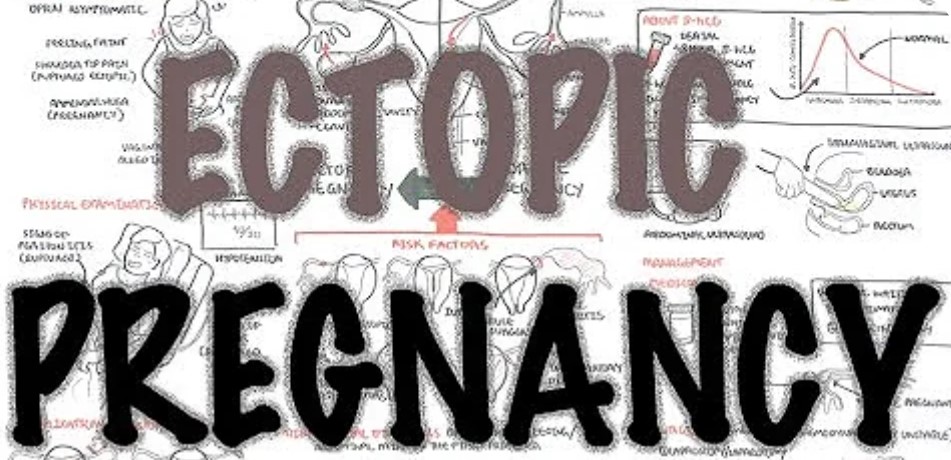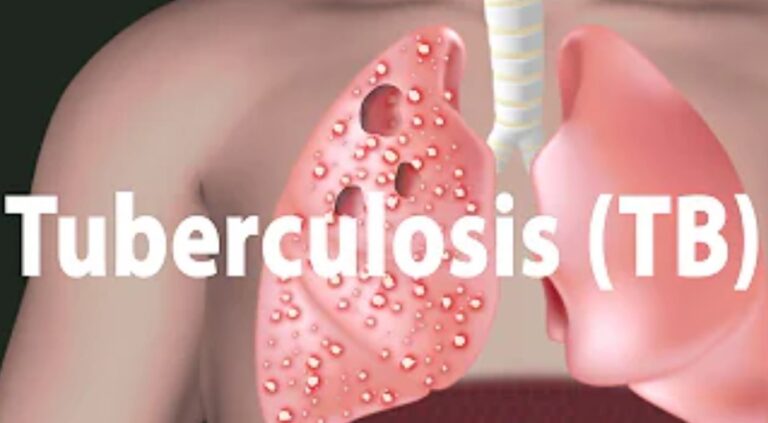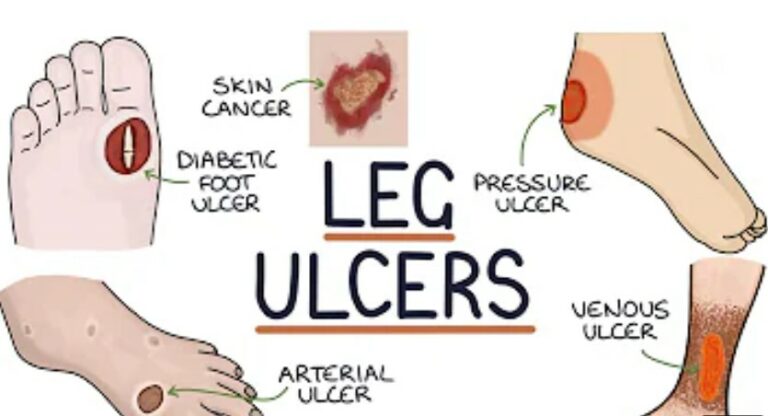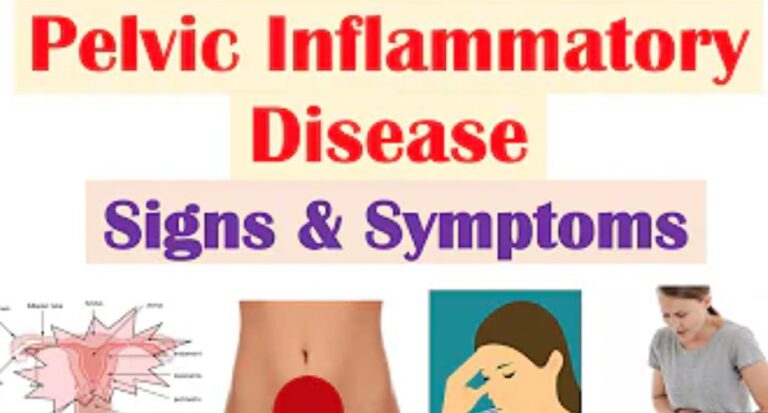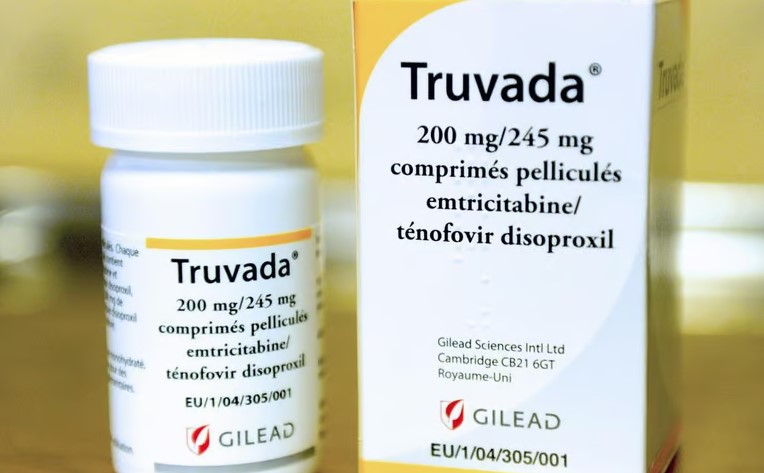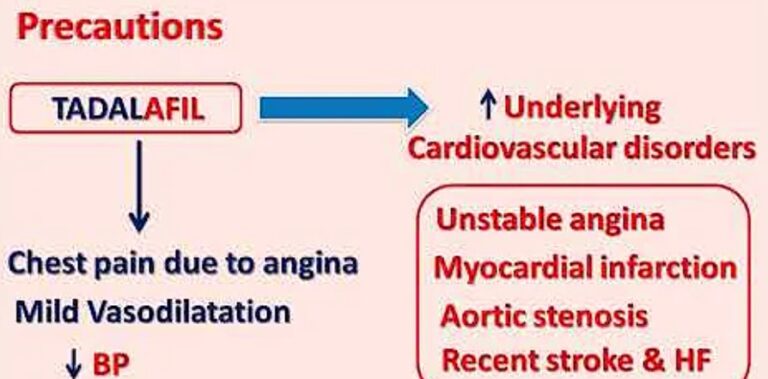Causes of Ectopic Pregnancy: What to do!
Ectopic pregnancy is what we call a type of pregnancy that does not develop in the uterus (womb). Have you ever gone to the hospital due to very severe abdominal pain, and then heard the doctor say that You have a pregnancy that is not growing inside the womb?
This type of pregnancy can damage your other organs and if nothing is done, it can cause a person to bleed to death.

What is Ectopic Pregnancy
Ectopic pregnancies are what we call those types of pregnancies that do not develop in the uterus (womb). That means, after fertilization, they implant somewhere else that is not the uterus & start growing there. It is also called extrauterine pregnancy.
This development of the baby outside the womb can be very harmful to both the mother & the baby, which can result in the death of both persons, hence, whenever it happens, it is an emergency.
Where does Ectopic Pregnancy Occur Most
I know you would wonder, that if a pregnancy does not develop in the womb, where else does it develop?
Most of the pregnancies that do not develop in the womb are found in the Fallopian tube. This shows that they do not make it to the womb due to something preventing them from doing so. Sometimes, on rare occasions, they can also be found in the ovary, cervix, or the abdomen.
Sometimes, pregnancy can develop both in the womb & outside the womb at the same time. This type of development is known as a heterotopic pregnancy.
What are the Causes of Ectopic Pregnancy?
A few things can lead to a woman having her baby develop outside her womb. They include;
- Fallopian tube damage: this is mostly due to pelvic infections such as that caused by Chlamydia/Gonorrhoea. This causes Pelvic inflammatory disease, PID, which can lead to salpingitis, thereby, damaging/blocking the tube.
- previous ectopic pregnancy: a woman who has had a previous ectopic pregnancy, has a 10% chance of having another recurrence. Hence, it is important to have a scan immediately after she is pregnant again.
- Previous tubal surgery: previous surgery done in the tube e.g. adhesiolysis can lead to alteration of the tube, causing EP.
- Smoking: Functional alterations in the Fallopian tube due to smoking can lead to EP.
- Increased maternal age: when women grow older, their chances of developing EP increase greatly.
Risk Factors for Ectopic Pregnancy
Excluding the Causes above, some factors can predispose to this development, and these are known as risk factors. They include;
- Sexually Transmitted Infections: This can lead to PID which can cause EP.
- Previous abdominal surgery: any surgery done in the abdomen (e.g. appendectomy, cesarean section) should also be a suspicious sign when a woman is pregnant and should warrant an early ultrasound scan.
- IVF: this stands for In-vitro Fertilization. It is a therapy that is offered to couples battling infertility. This also poses a risk to developing Ectopic Pregnancy because more than one fertilized egg is placed in the womb. The risk even increases with advanced mothers’ age.
Other known risk factors are:
- Use of contraceptive devices that are placed inside the womb (IUCD),
- Endometriosis,
- Getting pregnant after taking Emergency Contraceptives e.g. Postinor-2.
- Fibroids: a large fibroid in the womb can cause the fetus to be implanted elsewhere.
All these can lead to the development of EP.
Symptoms (How to Know) Ectopic Pregnancy
Most of the women having an outside-the-womb pregnancy will show;
- Abdominal pain and/or
- Vaginal bleeding in early pregnancy.
- Abdominal bleeding: this occurs when there is already a rupture of the EP.
- Positive PT: if you are having any of the above signs with a positive pregnancy test, then you should see a doctor immediately & do an Ultrasound for possible EP.
You should also know that having bleeding or abdominal pain does not mean 100% that you have EP. You can also have a normal pregnancy in your womb & still have these signs.
How do you confirm Ectopic Pregnancy?
To confirm if the pregnancy you have (after doing a PT) is in the womb or outside the womb, you must perform an ultrasound scan.
What to do (Treatment) in Ectopic Pregnancy
The recommended solution, whenever there is an ectopic pregnancy, is to remove the pregnancy (Abortion), and sometimes the tube as well. If the pregnancy is left there, it can kill both mother and child. This can be done both medically (with methotrexate) or surgically (by laparotomy/laparoscopy).
You would need to see your doctor as soon as you confirm any Ectopic Pregnancy, to determine the best management option for you.
